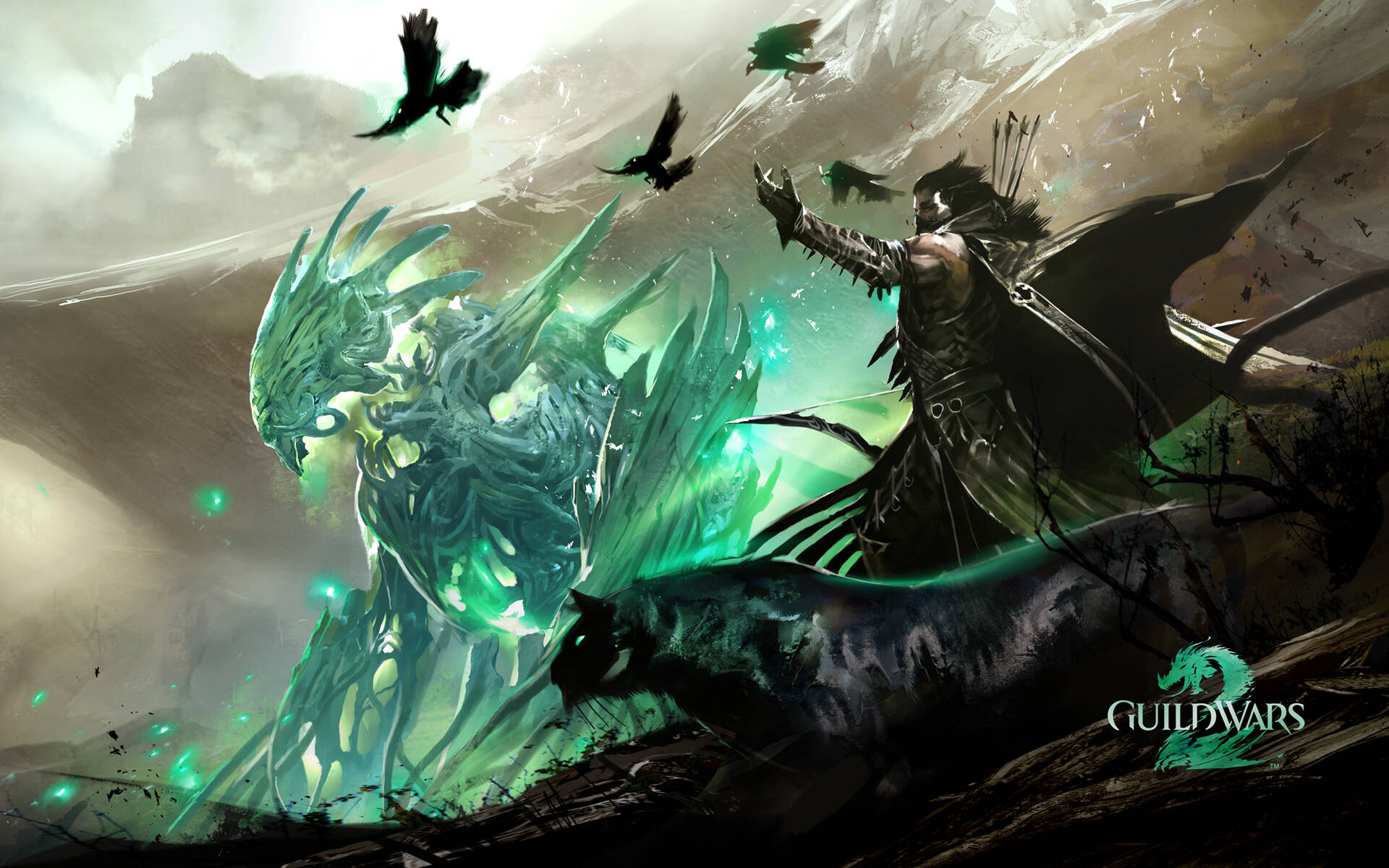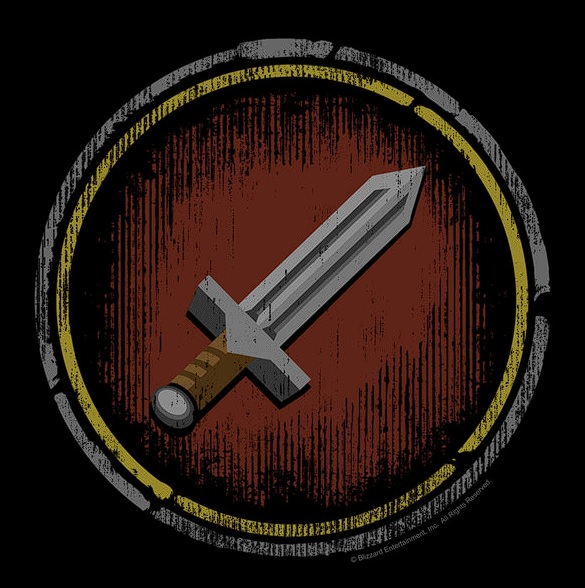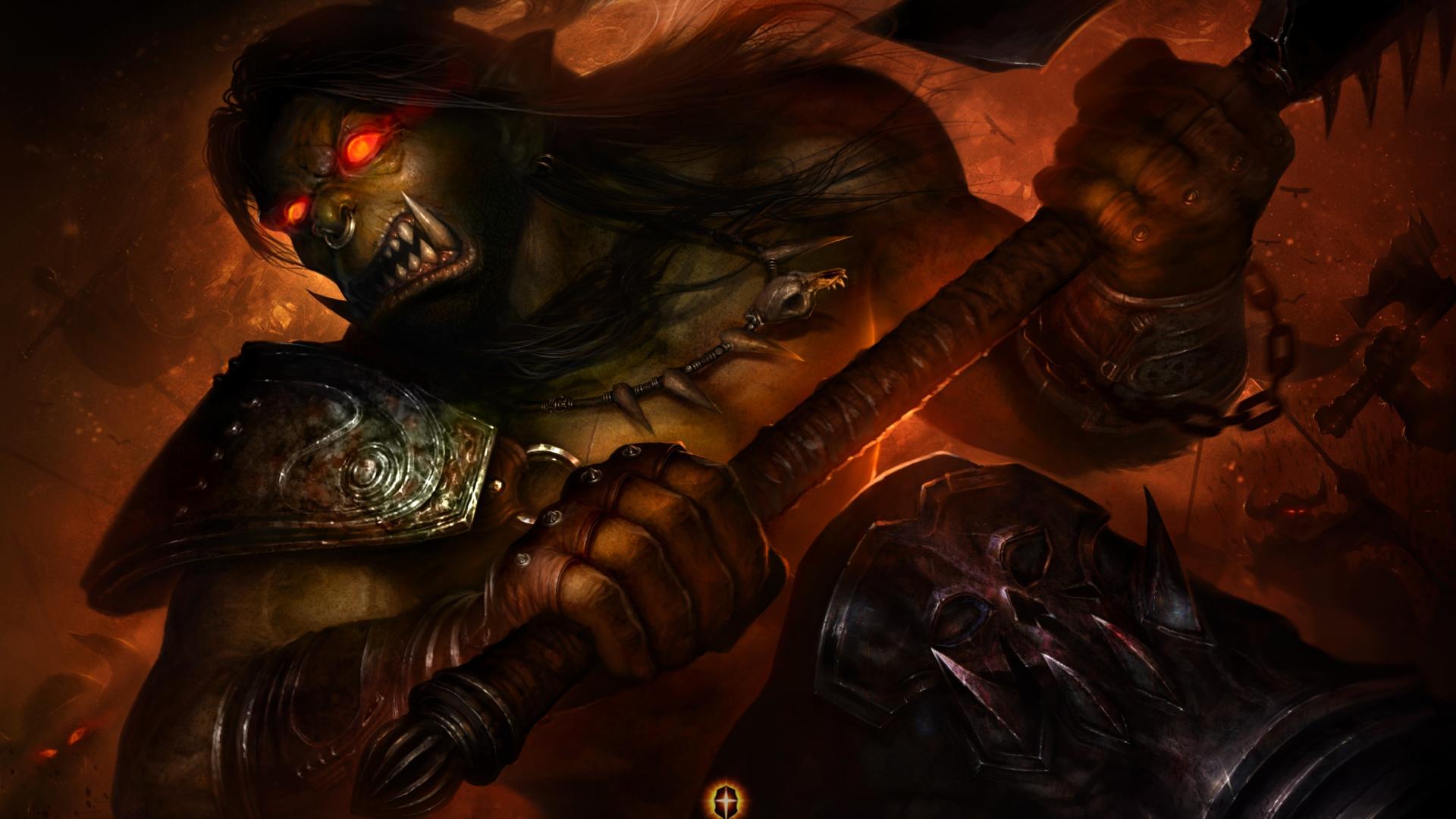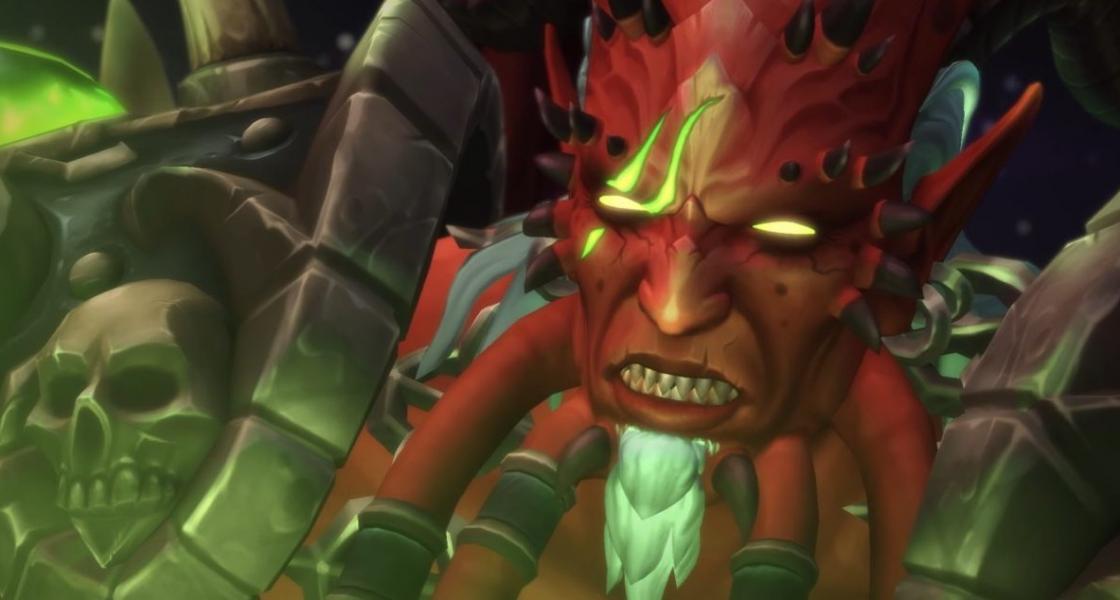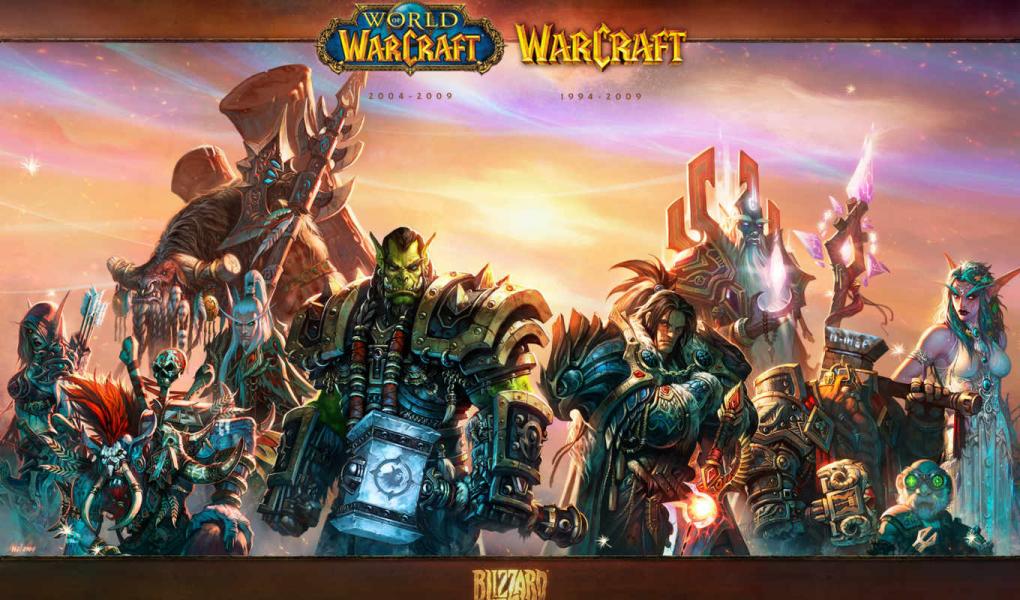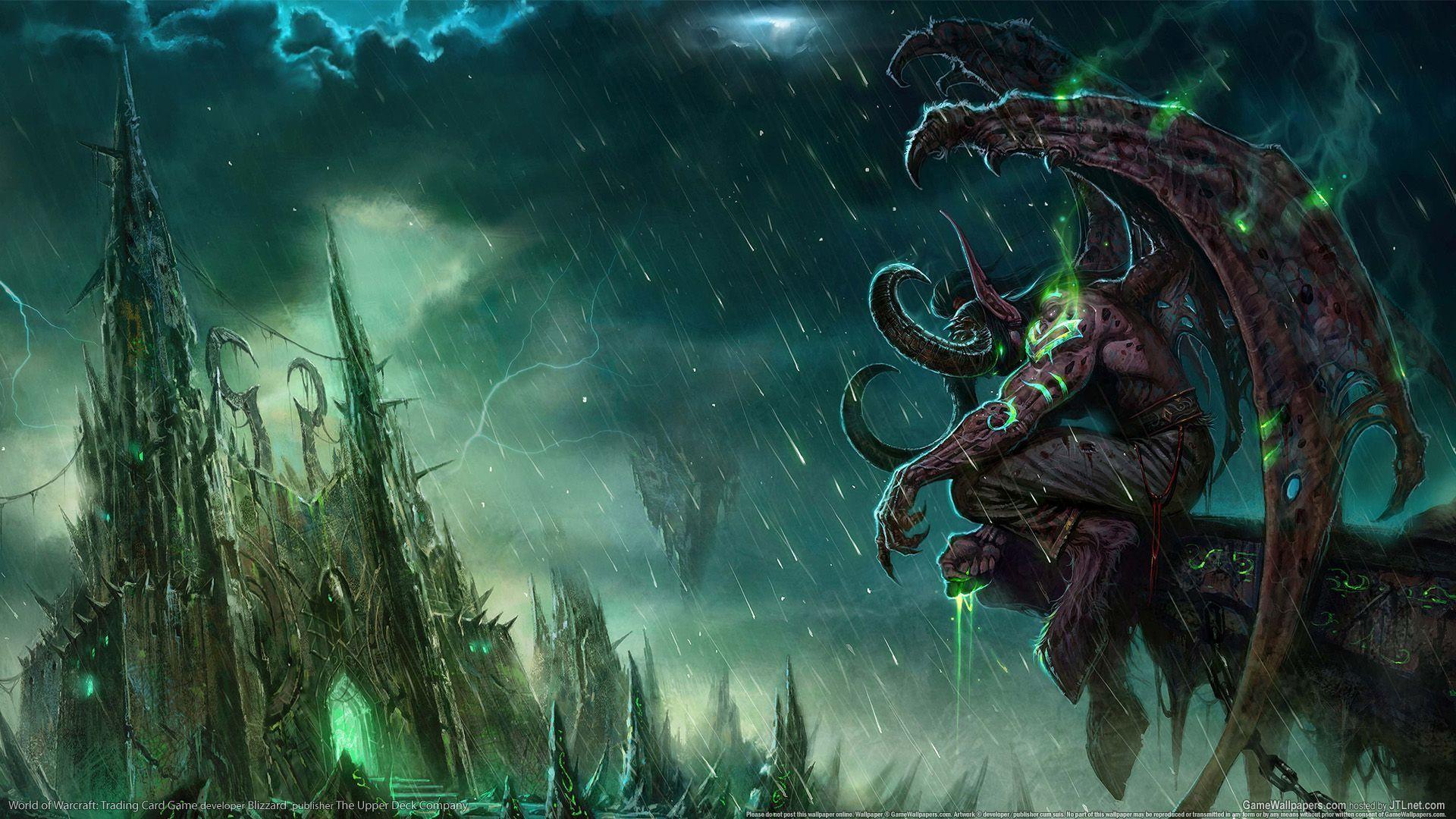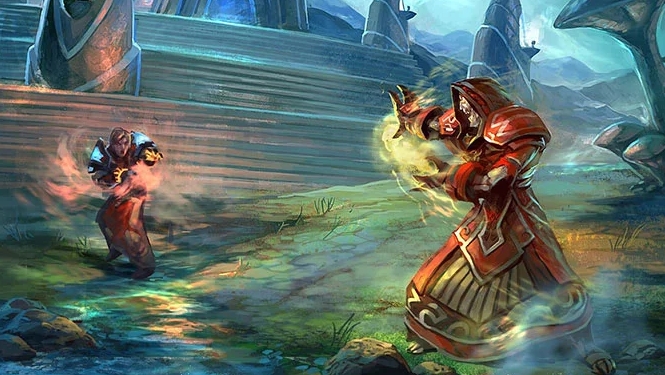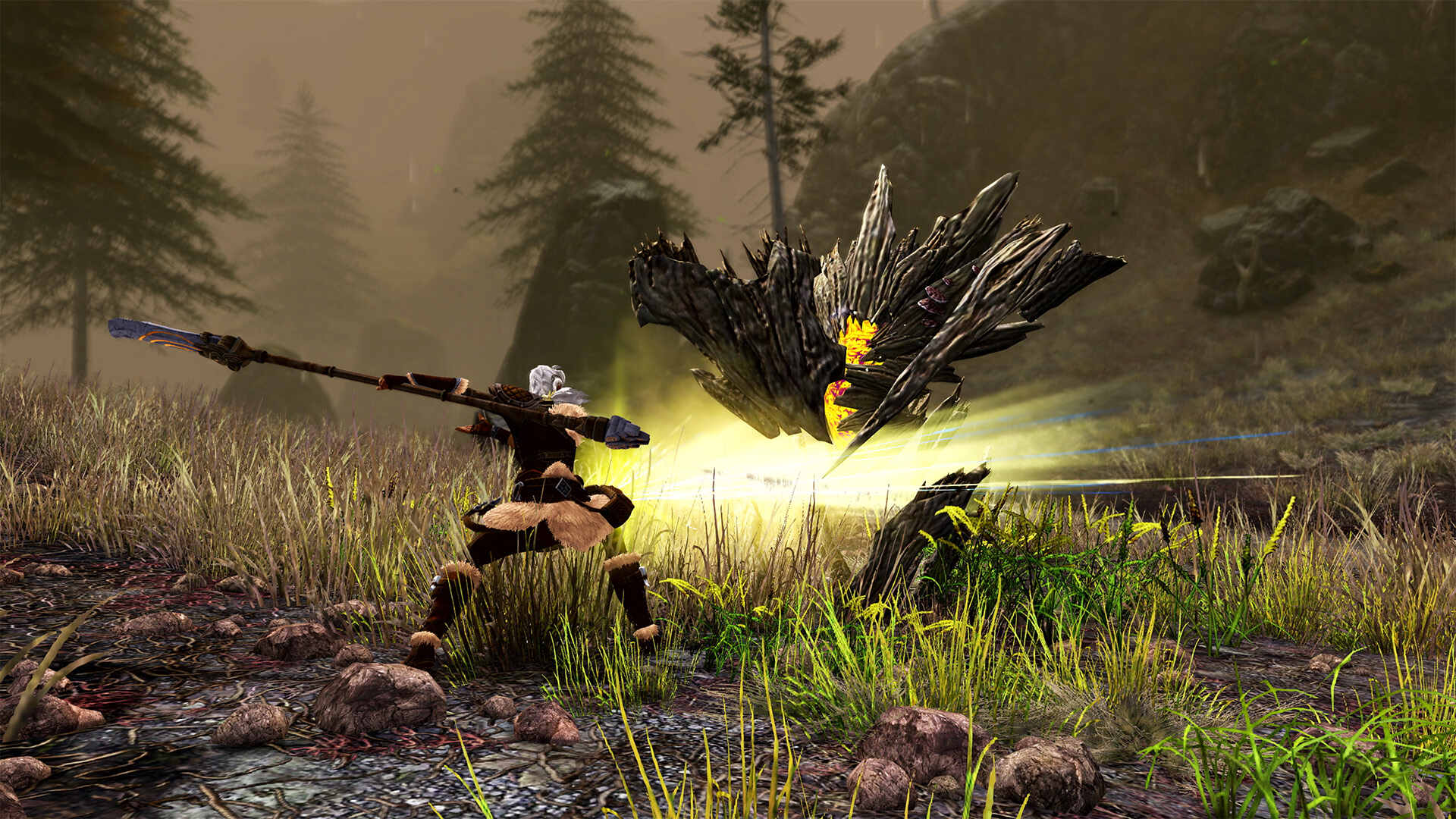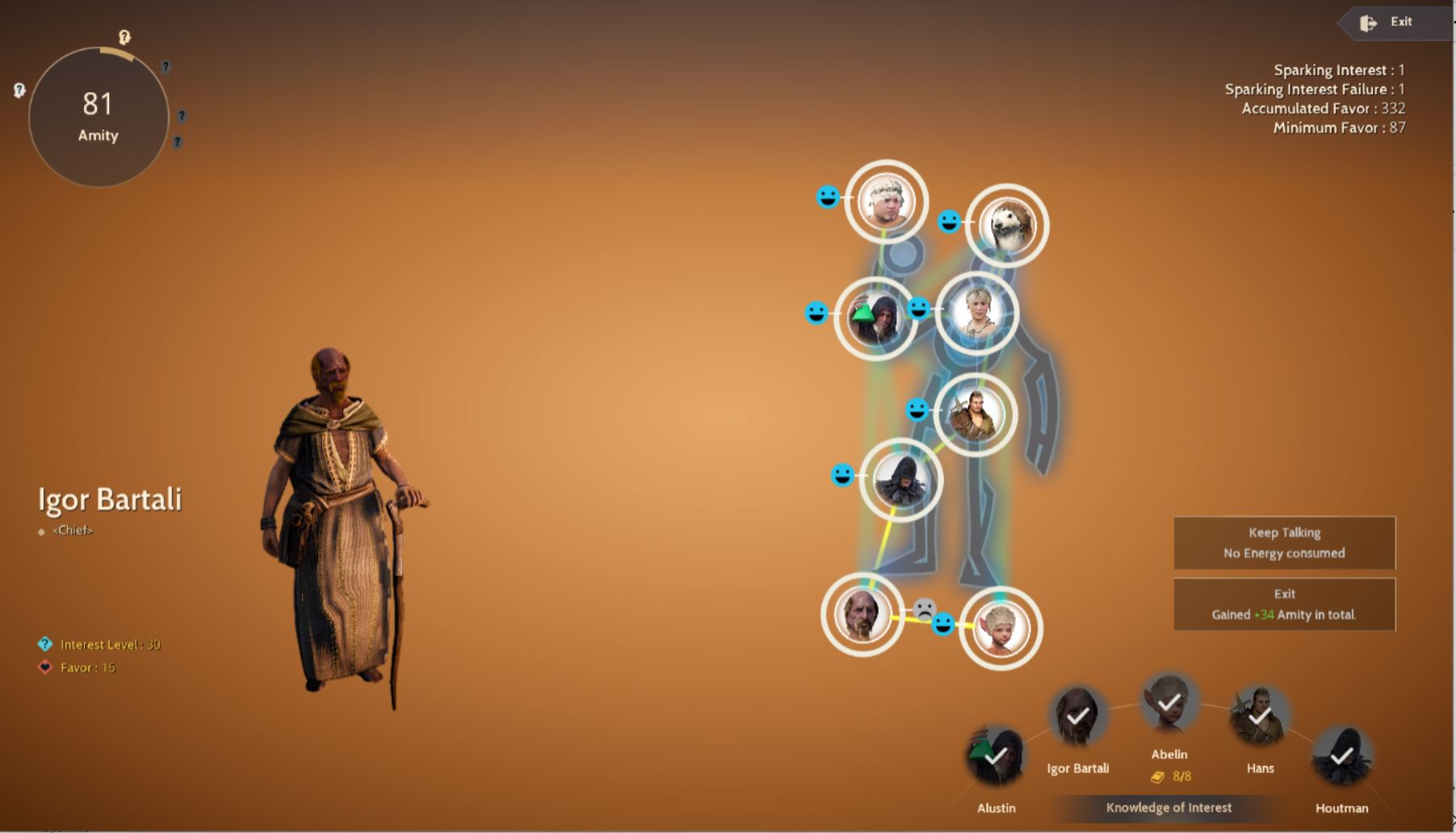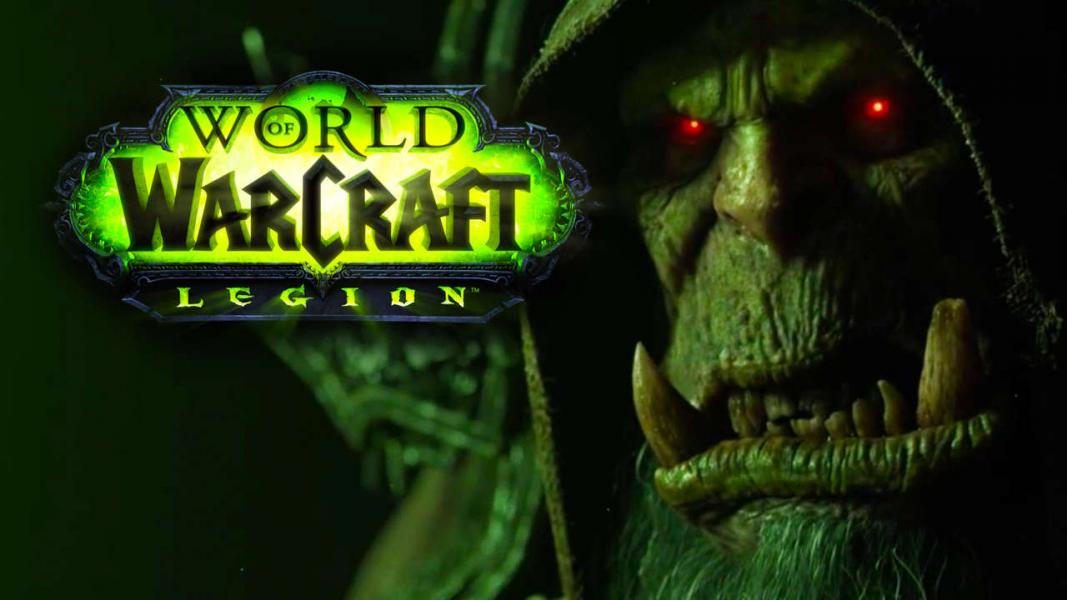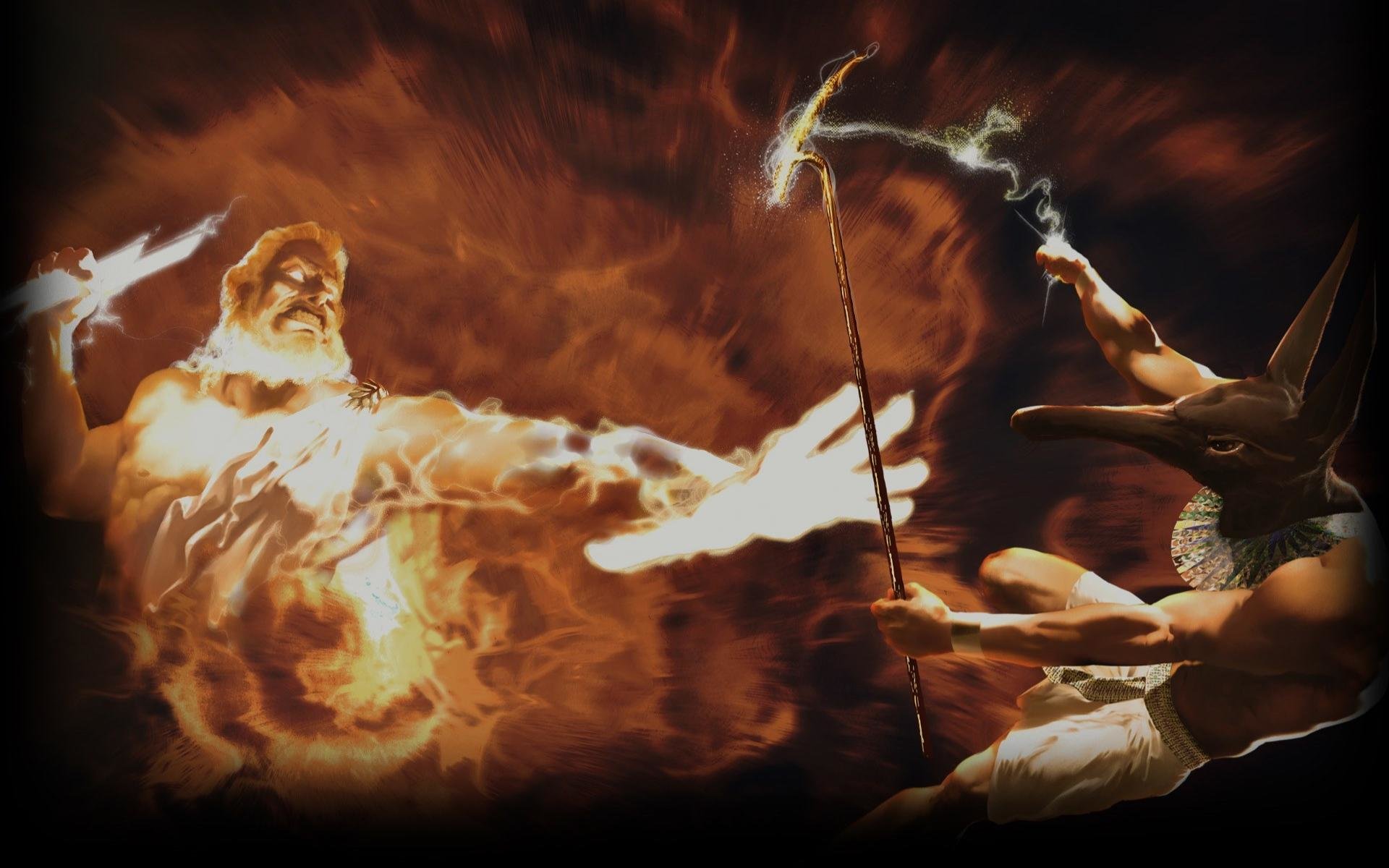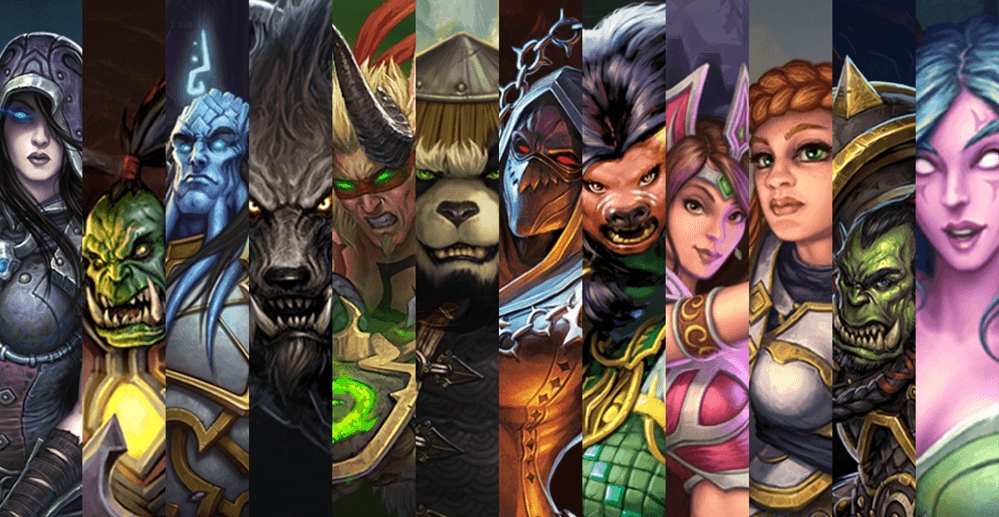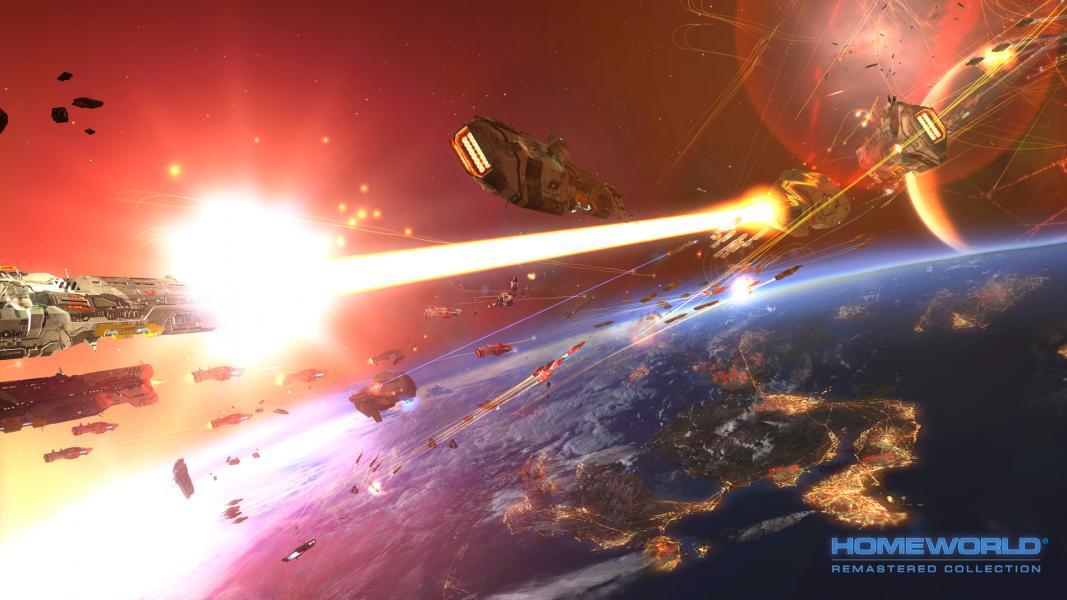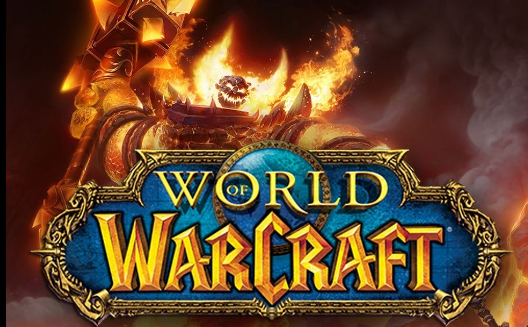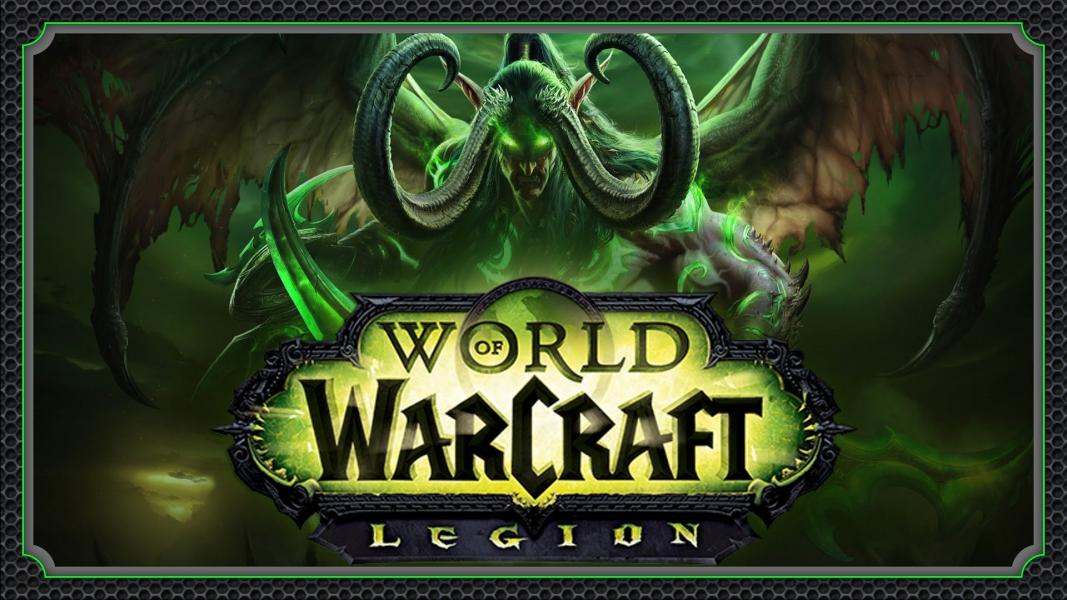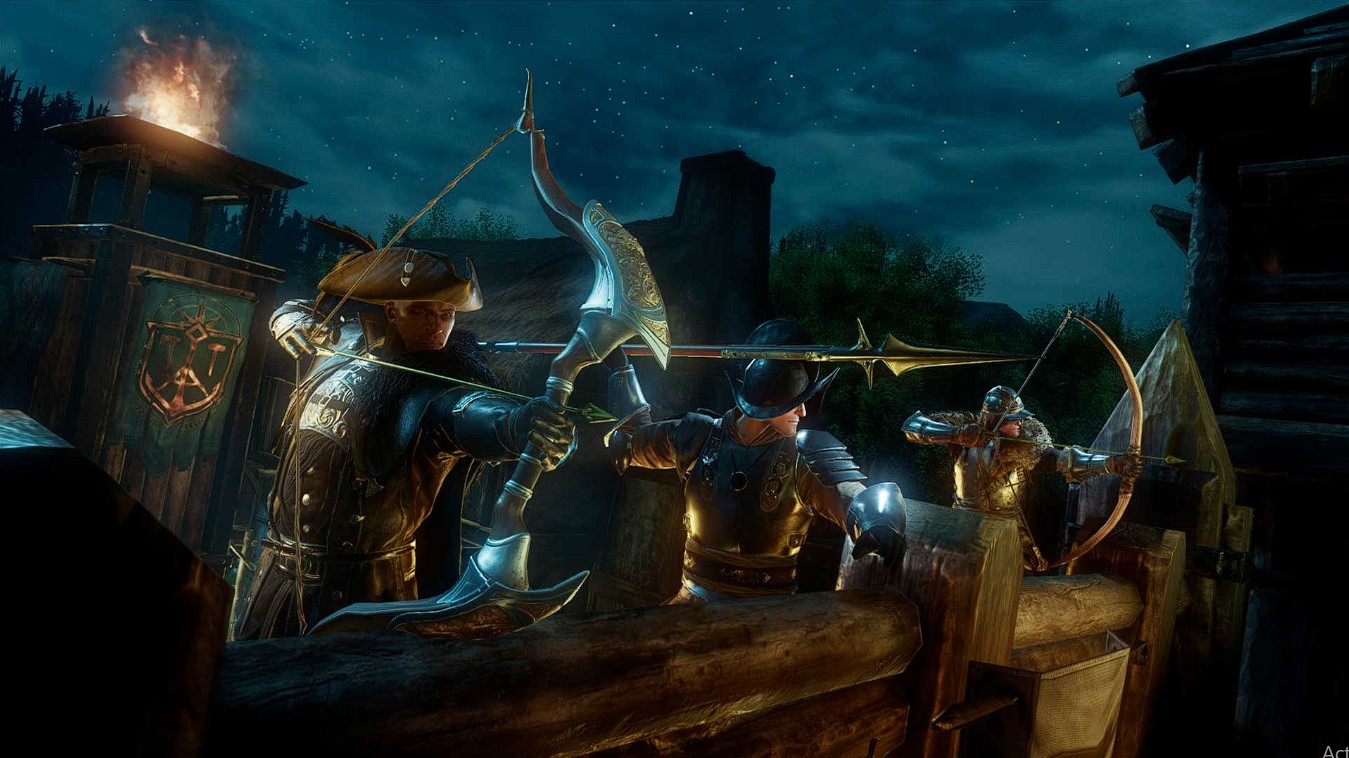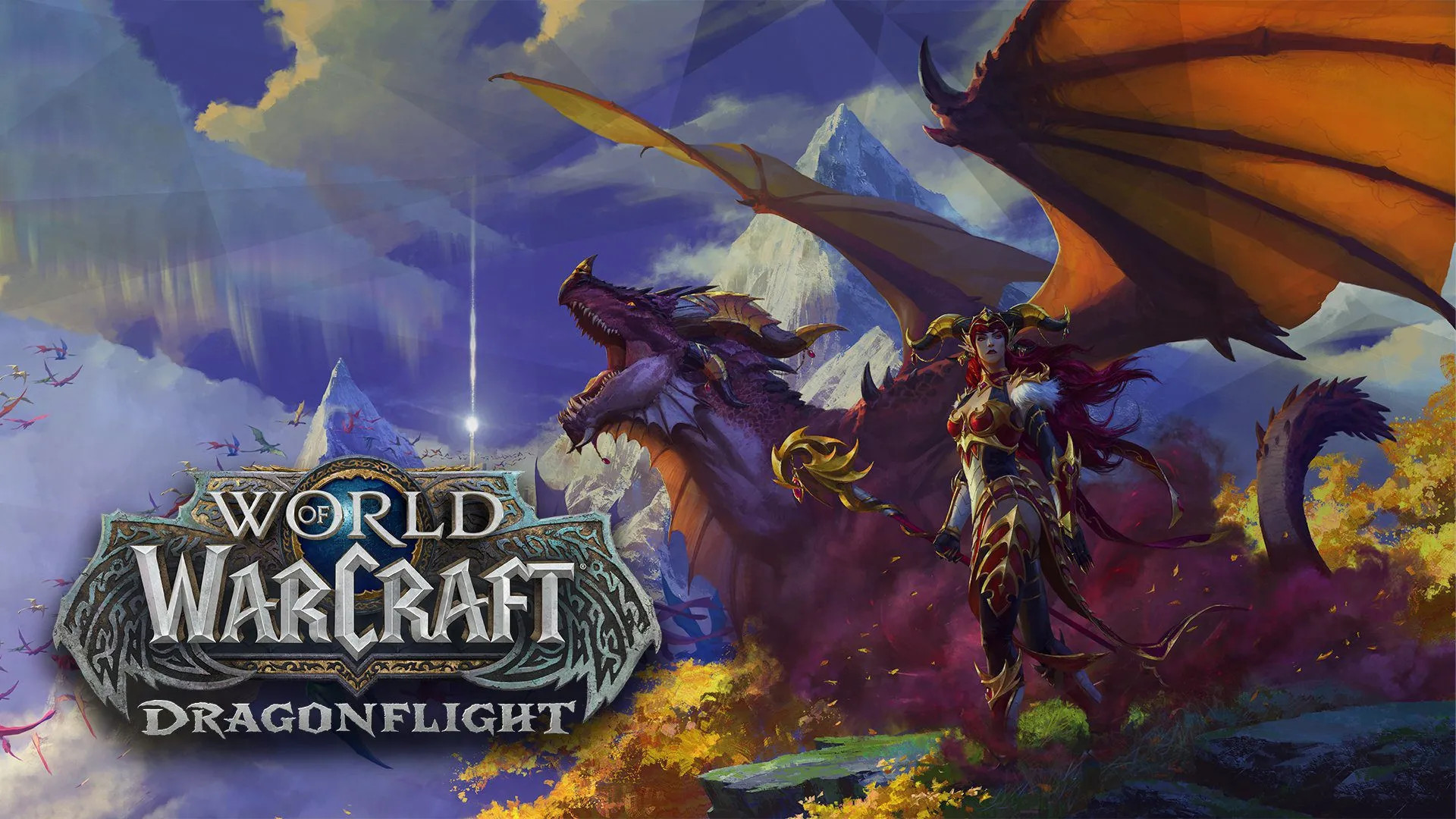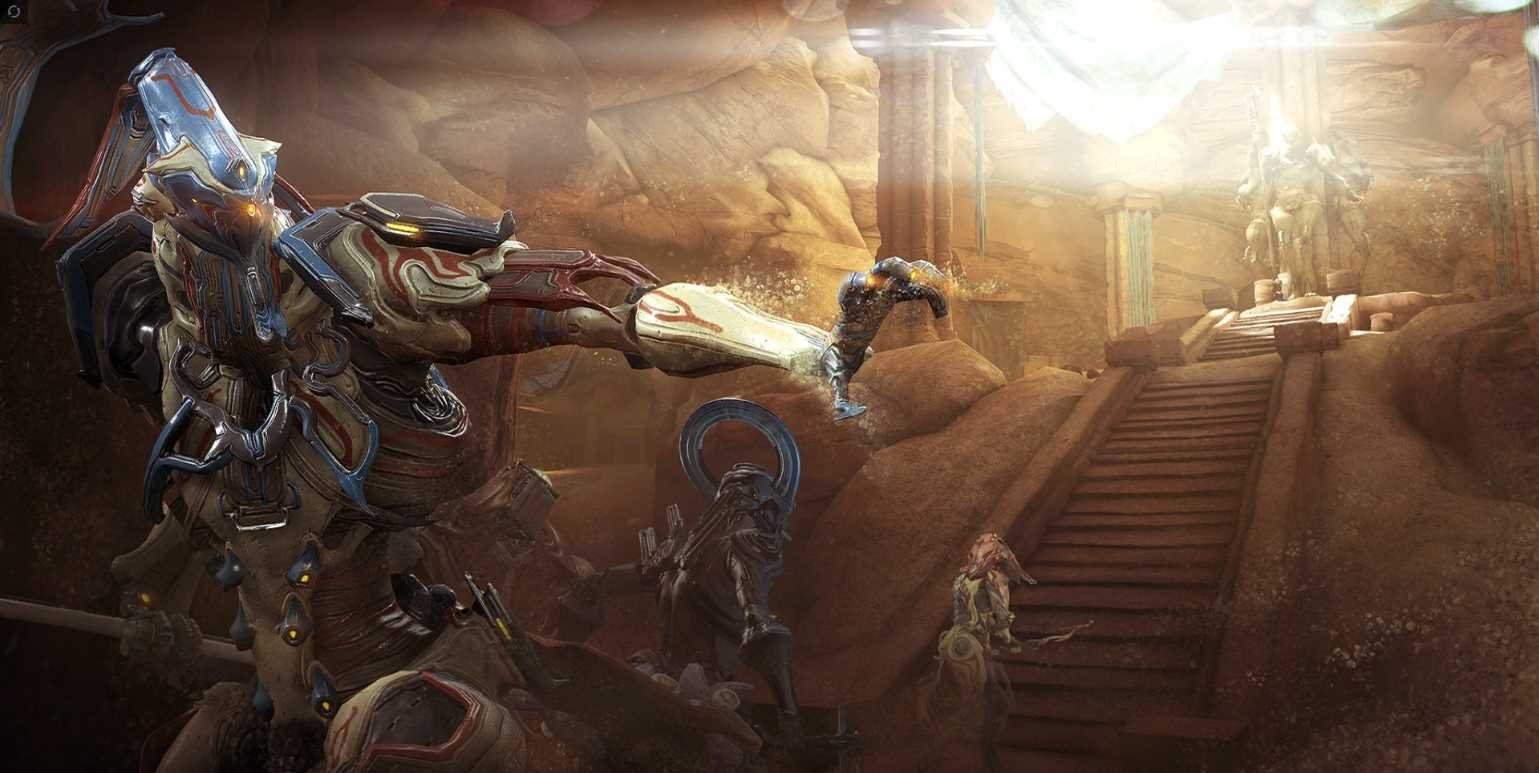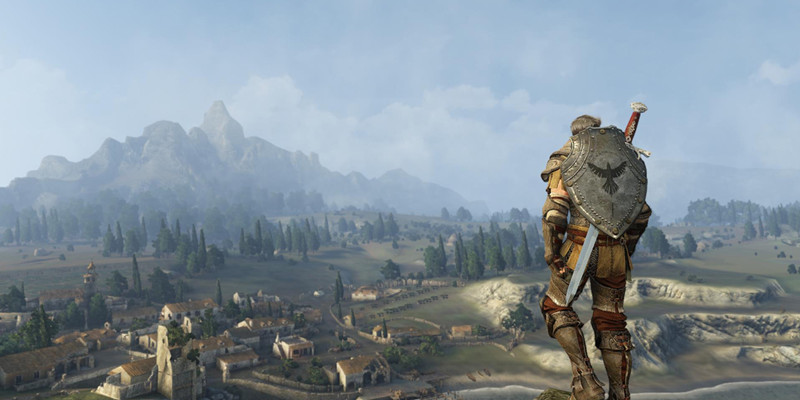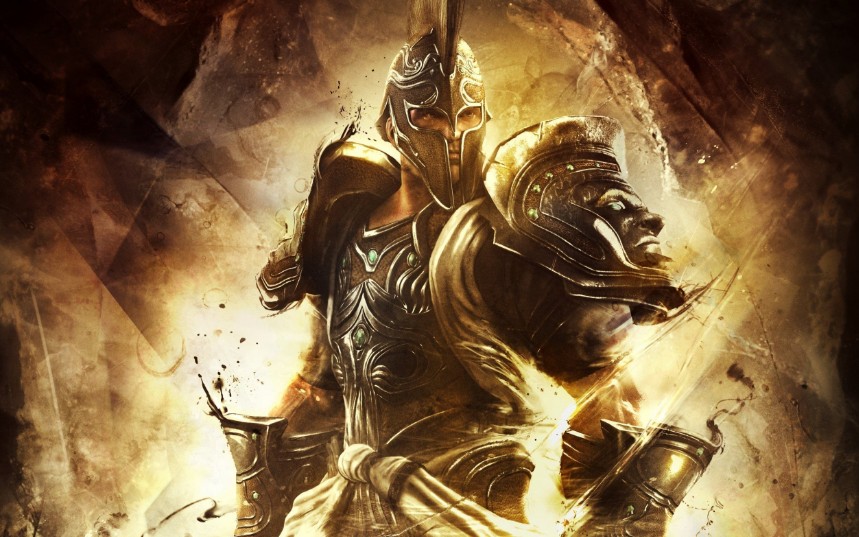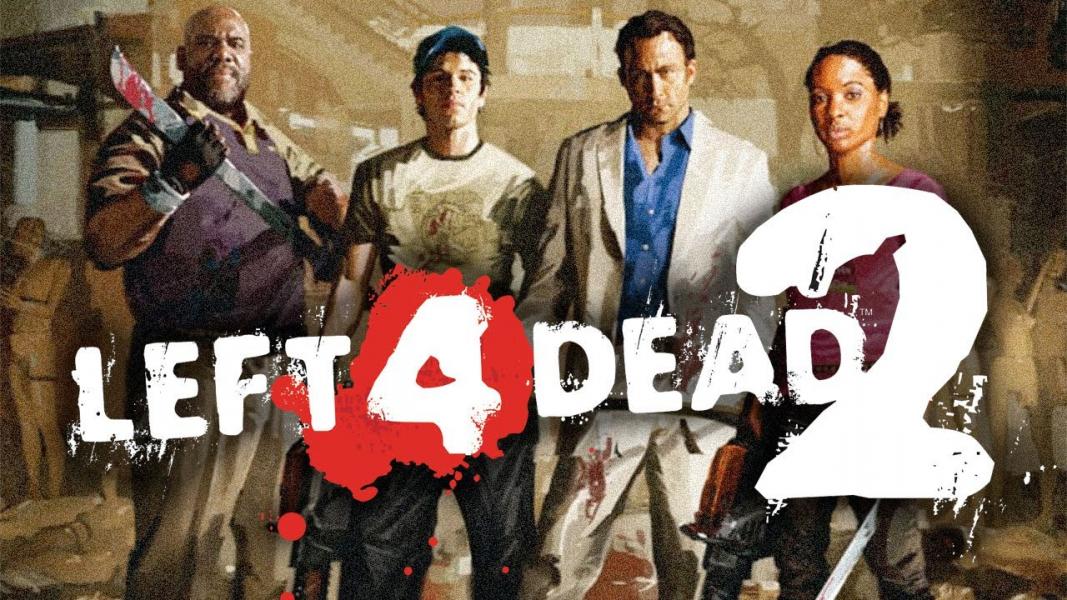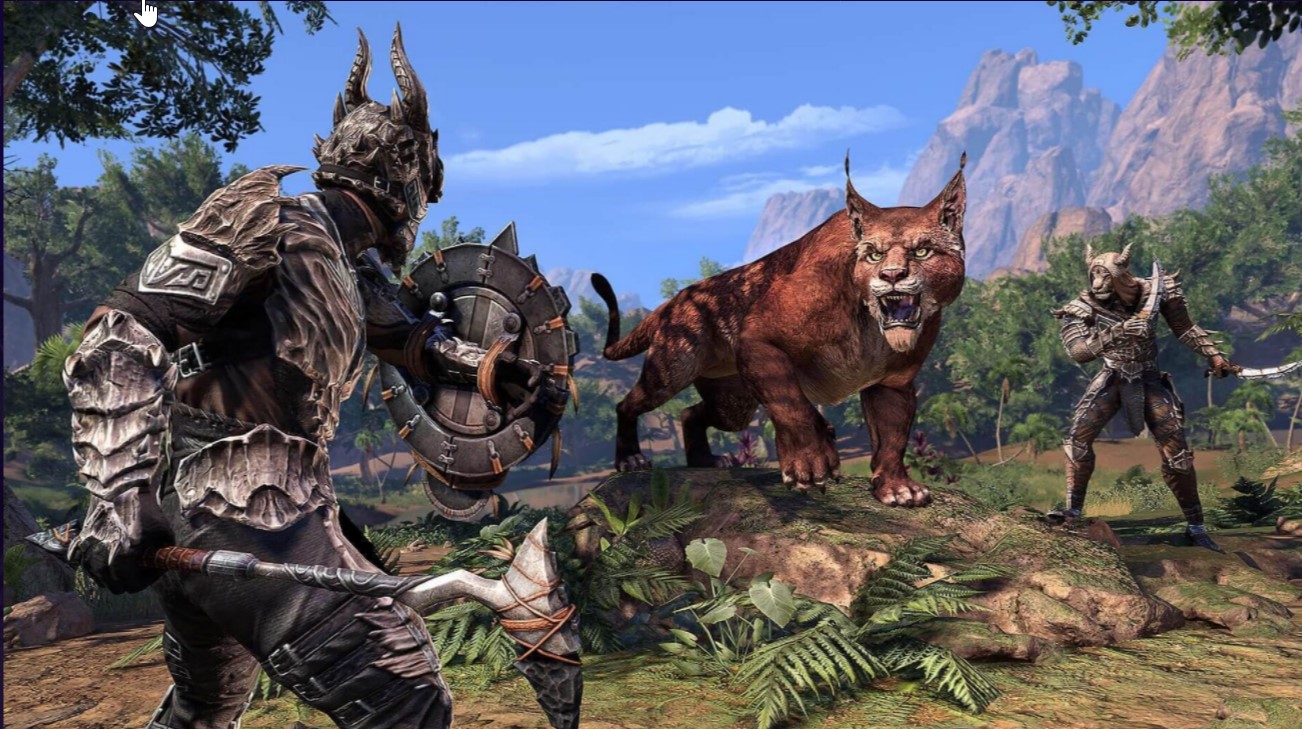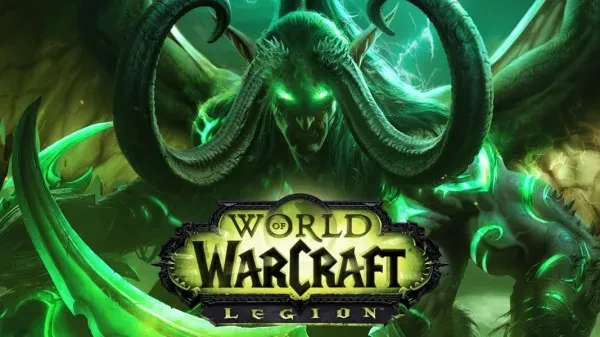
Still going strong after all this time: what is WoW’s secret to a long life?
Millions of people log into World of Warcraft every day. The game has been a resounding success ever since its launch in 2004, defining an entire generation of gamers and non-gamers alike.
It has since then firmly ingrained itself into popular media and internet culture. Many aspiring video game studios and companies have tried to topple World of Warcraft’s subscriber numbers and rival its glory, though none have thus far managed to do so successfully.
Let us take a look at WoW’s would-be killers and see where they failed!
1. Age of Conan
Set in the Hyborian Age, Age of Conan was hyped to be the first major competitor to WoW’s iron grip on the market. In terms of graphics, it was miles ahead of WoW and featured many never-before-seen technologies used in an MMO.
On launch, there were four races and fourteen classes. The game offered extensive character customization and a skill-based combat system. It was shaping up to be the WoW killer everyone had considered it up until then, except…
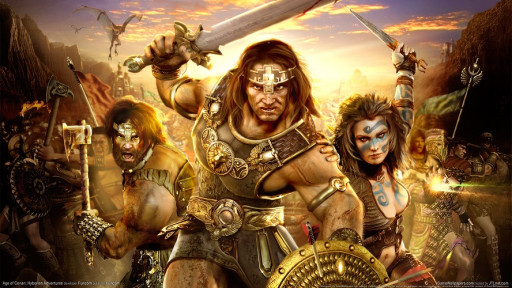
I have the power! Wait, that’s not right..
In the months following a generally favorable release, things had gone sour. Players encountered many bugs, missing zones, and a complete lack of endgame content. Despite Funcom’s best efforts to make the game a more pleasurable experience, the playerbase dwindled and soon the game was a ghost town.
2. Warhammer Online
If there ever was a game with the potential to be a WoW killer, it was Warhammer Online, or WAR. The major selling point of the game was the visceral and brutal player versus player combat on a huge scale, featuring the innovative Realm vs. Realm system, open world skirmishes, random world encounters, huge battles against opposing factions, and long and harsh sieges.

PvP – the main selling point of Warhammer Online.
In theory, all of these sounded great; however come launch day it was apparent that the developers’ clear devotion to the PvP aspect of the game had made them neglect everything else, resulting in sub-par endgame content, a broken crafting system and many bugs. Despite all this, the game kept a devoted fan base up until recently when the official servers were finally shut down.
3. Lord of the Rings Online
It can be said with certainty that Middle-Earth is one of the most well-known fantasy universes today. In LOTRO, you can play as any of the iconic “good races”, meaning you can’t serve under Sauron or Saruman.
It features plenty of immersive features that stayed true to the spirit of the source material; you can purchase a house in Bree-Land, the Shire or the plains of Gondor, learn to play a musical instrument and become part of a Fellowship or Kinship, crafting your adventure with friends like the heroes in the books.
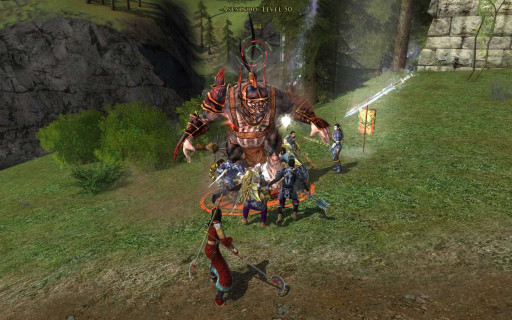
Players battle an armored troll in Lord of the Rings online.
However, over time the subscriber base started dwindling as more people left the game. One of the reasons for this happening is that Turbine’s timing may have been wrong at the moment. LOTRO was another Sword and sorcery MMO in a market already oversaturated by similar products.
One thing must be said about this game: it is definitely not dead. Turbine introduced a free-to-play model with an optional VIP (subscriber) mode, attracting many new players into the game.
4. Guild Wars 2
Out of all the MMOs in this article, apart from WoW itself, Guild Wars 2 is arguably the most populated one.
A long-awaited sequel to GW1, it proudly boasted a new MMO formula – less grind, a more action-oriented combat system and a completely new way of progressing through the world and growing your character through world objectives and random group events.
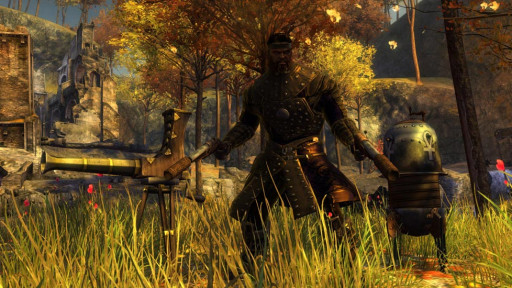
A proud Norn Engineer.
In the first few months of the game’s life however, the content available to max level players was few and far between.
The addition of the gem store (a real money shop) with armors and the constant presence of RNG discouraged many players and made them abandon the game. Breaks between content updates were long and eventually many players grew bored of doing the same things.
5. Elder Scrolls Online
In Elder Scrolls online, you venture into the well-known world of Nirn – a universe that has established itself through the very successful Elder Scrolls games.
You can pick from up to ten races and four classes (as well as the possibility to become a vampire or werewolf) when you create your character, the game boasts dynamic combat, a well crafted dialogue and questing system and…
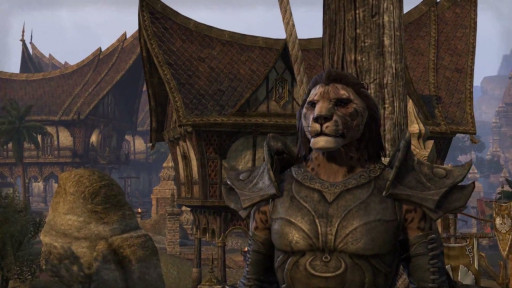
Here, kitty!
Well, there’s not much more to it. Players wanted an Elder Scrolls game with co-op, and Bethesda gave them a generic fantasy MMO set in the Elder Scrolls universe.
Folks were almost always in separate instances of the game, there were few opportunities to play with other people and the highly praised lore of the series was watered down. Coupled with many bugs and launch woes, ESO quickly went free to play.
6. Wildstar
Wildstar was a game that burned out too quick, pardon the pun. There was a lot of positive hype surrounding it, as it was marketed as a hardcore MMO in a time when others, including WoW had begun to casualize certain aspects of their games.
It offered an art style that didn’t take itself too serious, a fluid and responsive combat and movement system and tough content for players to go through.
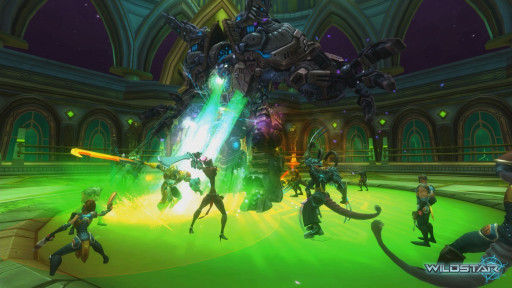
A raid goes up against a boss in Wildstar.
From the get go, it suffered from poor optimization, a PvP system filled with flaws, exploits and terrible class balance and a distinct lack of content for people who did not wish to raid. In addition to this, the designers really took the term “hardcore” up to eleven, and the attunement system was brutally difficult and required devoting many hours, which was something even hardcore players were reluctant to do.
By alienating their casual, hardcore and PvP playerbase, there was no one left to play the game.
7. Star Wars: The Old Republic
When Bioware announced that they would be making a new Star Wars MMO, the excitement was through the roof. Upon launch, in just a single day the game had one million subscribers, making it the fastest growing MMO and a serious threat to WoW. However, all hopes were shattered as SWTOR turned out to be the flop of the decade.
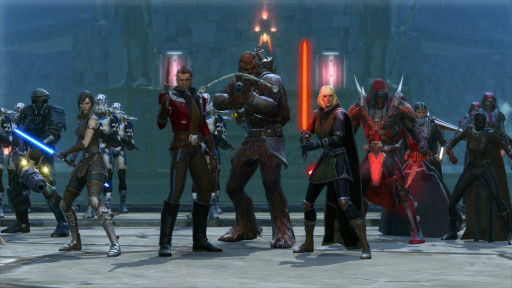
Jedi versus Sith.
The game itself is riddled with bugs, shoddy animation and modeling work, cheap and clichéd writing, suffers from bad world design, the UI and interface is a blatant copy of WoW’s, and so on. As ambitious as it was, its subscriber base took a sharp nosedive after players realized what a shoddy job Bioware had done.
8. Tabula Rasa
Tabula Rasa is an often overlooked project that spent 7 years in development. It is set in a fictional universe where Humanity is taking a last stand against an alien species called the Bane. It introduced a new sort of combat system that did not use “sticky targeting” like most MMOs up until that point. It had a very rocky launch, and combined with a multitude of other issues such as a distinct lack of direction, no available content and user interface issues it did not last long on the rough MMO market.
A year after its launch, the game’s creator Richard Garriott abandoned the project, which certainly did not help matters, and the game quickly went off the radar.
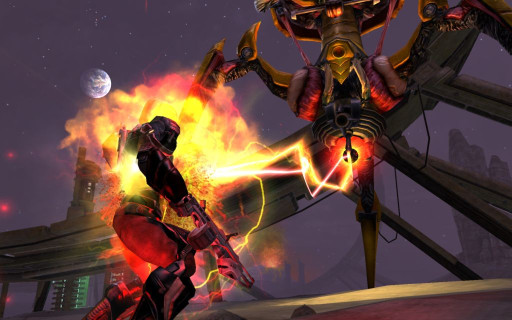
A player faces a Bane construct.
9. Rift
Rift is an MMO that has had WoW’s throne in its sights since its birth. Players could choose from two factions to do battle in Telara, six races and five classes. An original concept Rift introduced were the – you guessed it – Rifts, random portals that would open and chaotically disrupt the zone you were currently in.
Aside from that, Rift did not actually bring anything new and fresh to the table, just the same old fantasy MMO pattern WoW was dominant in; as such the game itself quickly fizzled out and its players looked elsewhere to scratch their MMO itch.
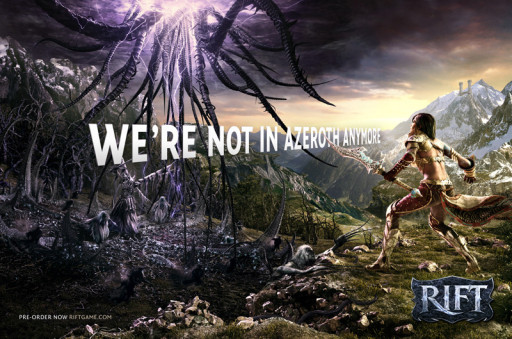
A little too overambitious?
10. Star Trek Online
With the announcement of STO, Trekkies worldwide rejoiced at the thought of facing each other off in the well-known universe. It offered a whopping 33 races and a plethora of ships available to the player, and promised detailed character customization and unique mission types. However, the game was found lacking in the mechanics department, the game felt underwhelming with its small scale and there was simply not enough content to keep the players satisfied and active.
The game went free to play just a year after its launch.
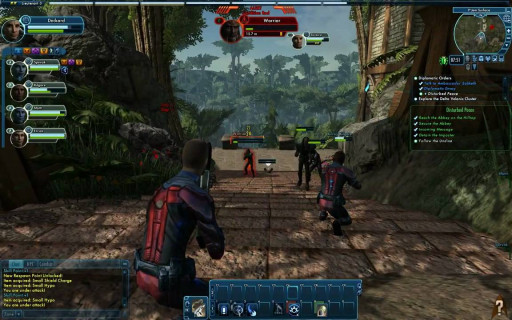
Players battle through a vicious jungle.
The MMO market is dry nowadays with no serious competition, but there’s always room for ambitious developers to try and topple WoW. Time will tell if this will happen at all…
You may enjoy these articles:
5 MMOrpgs That Look More Awesome Than WoW


